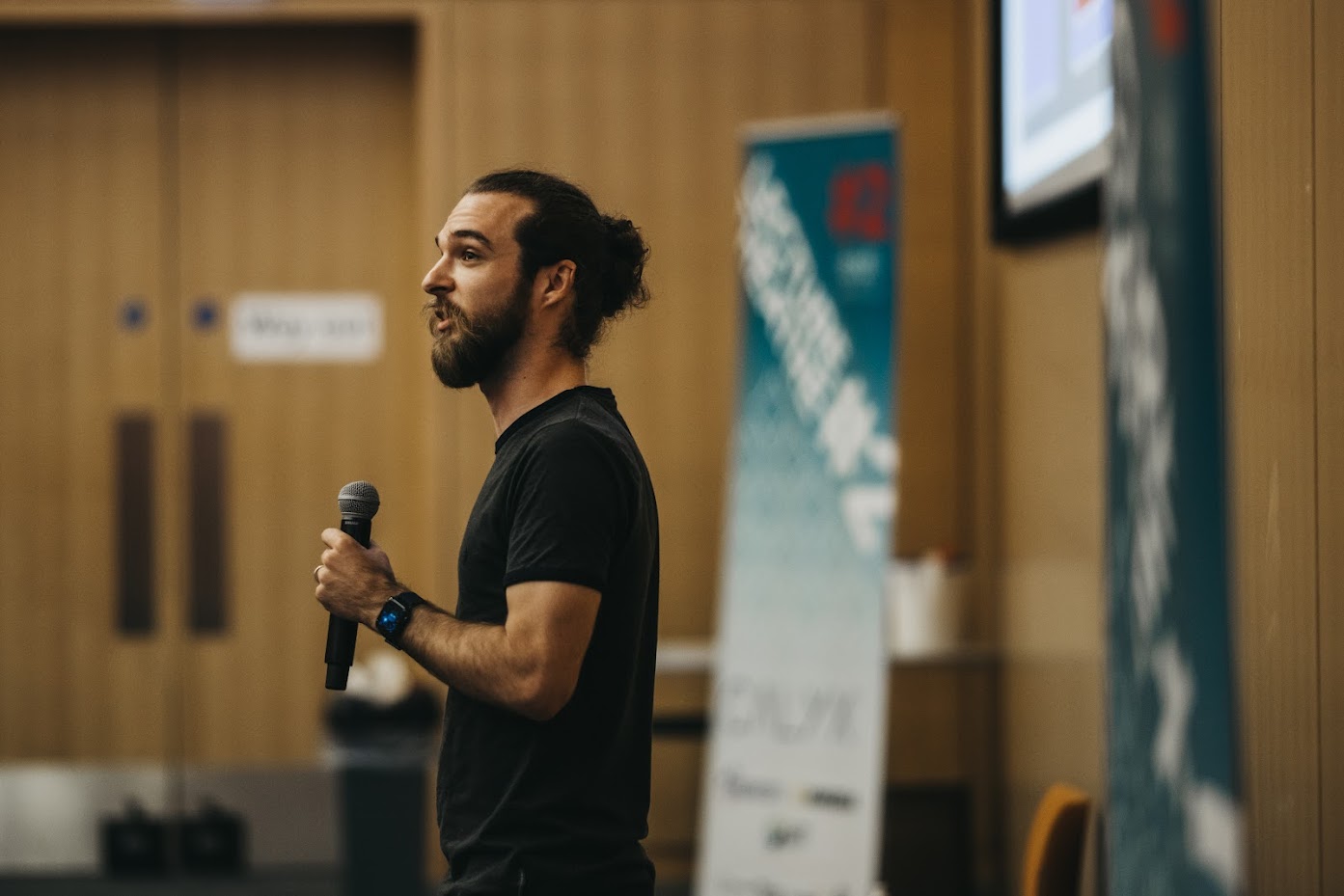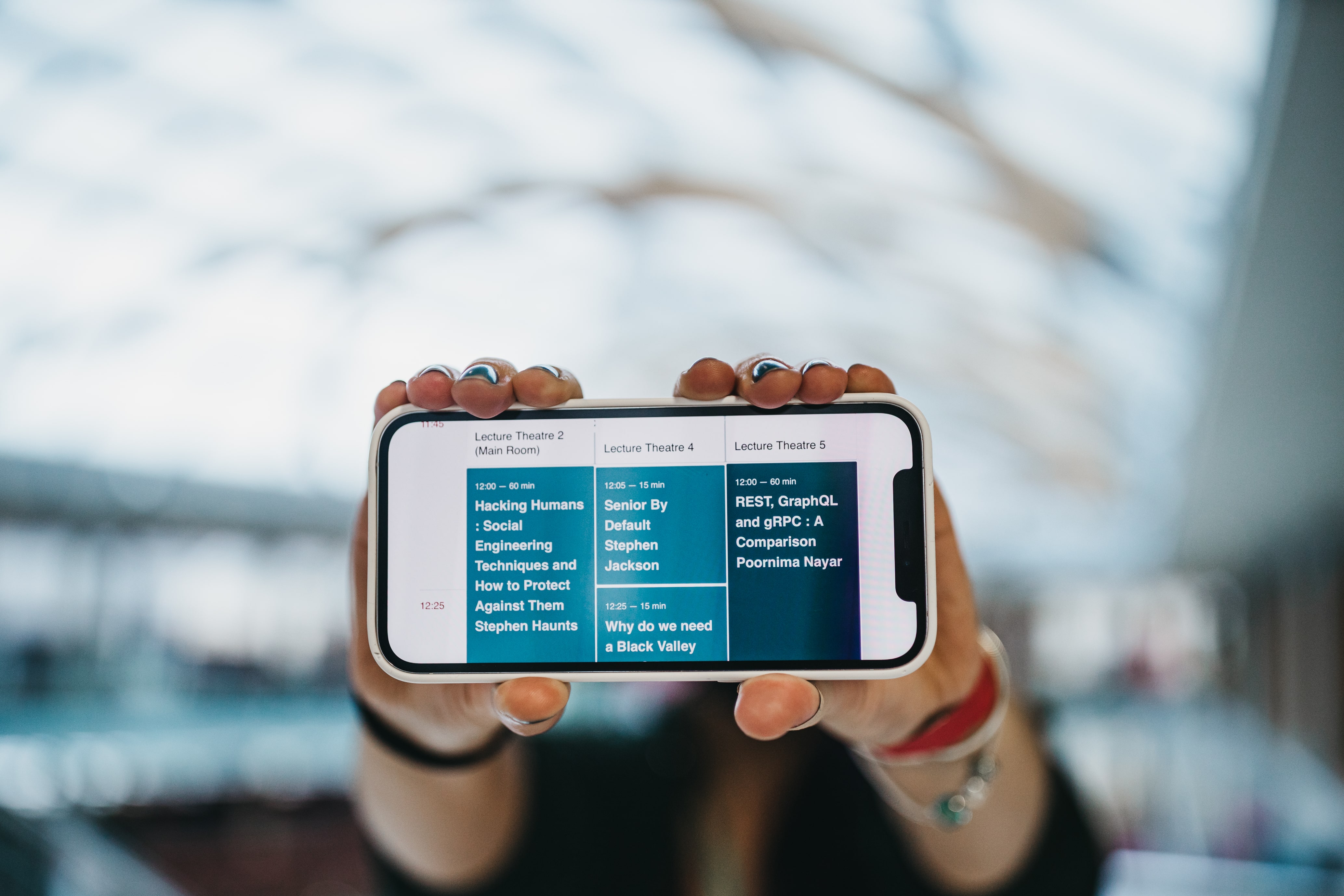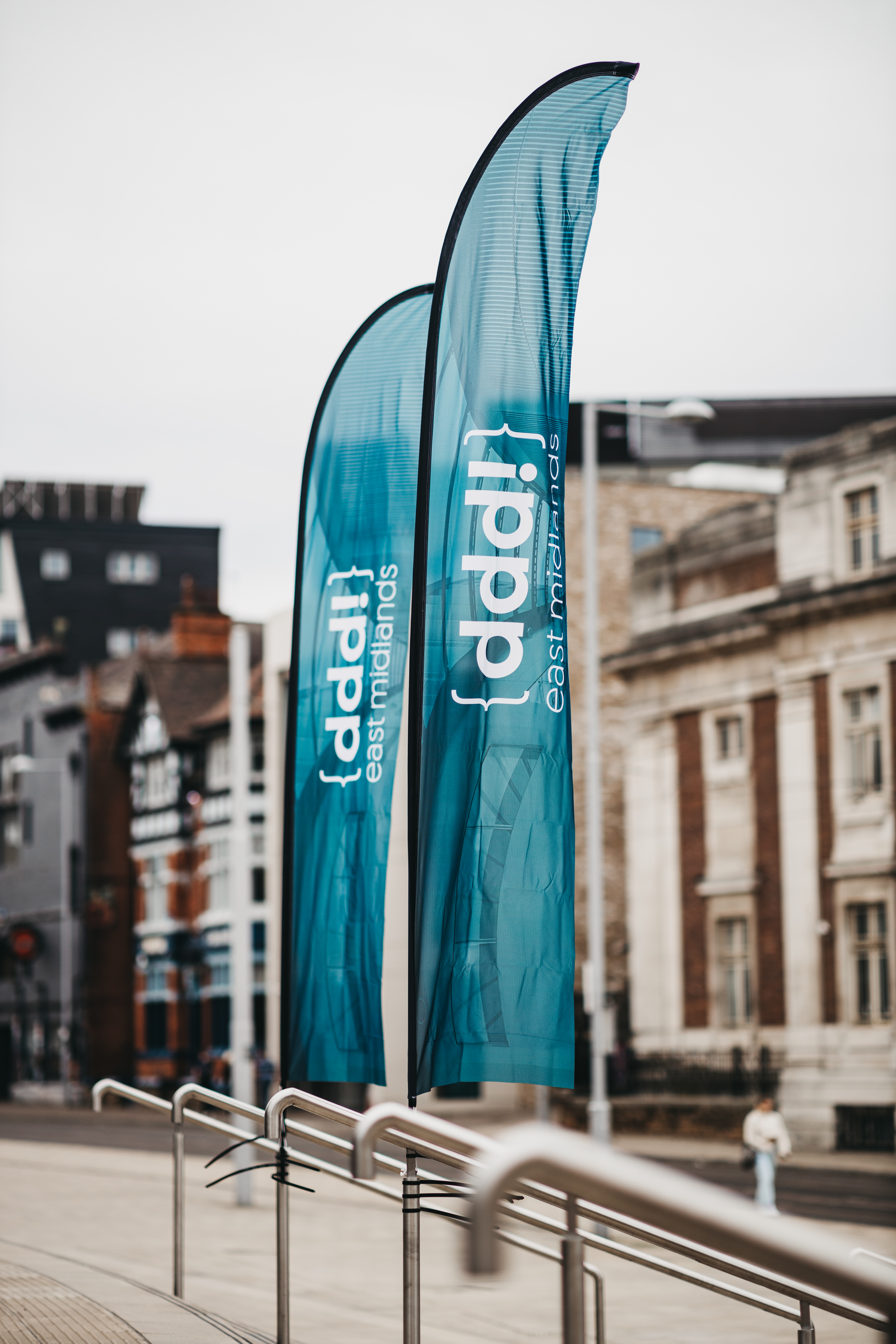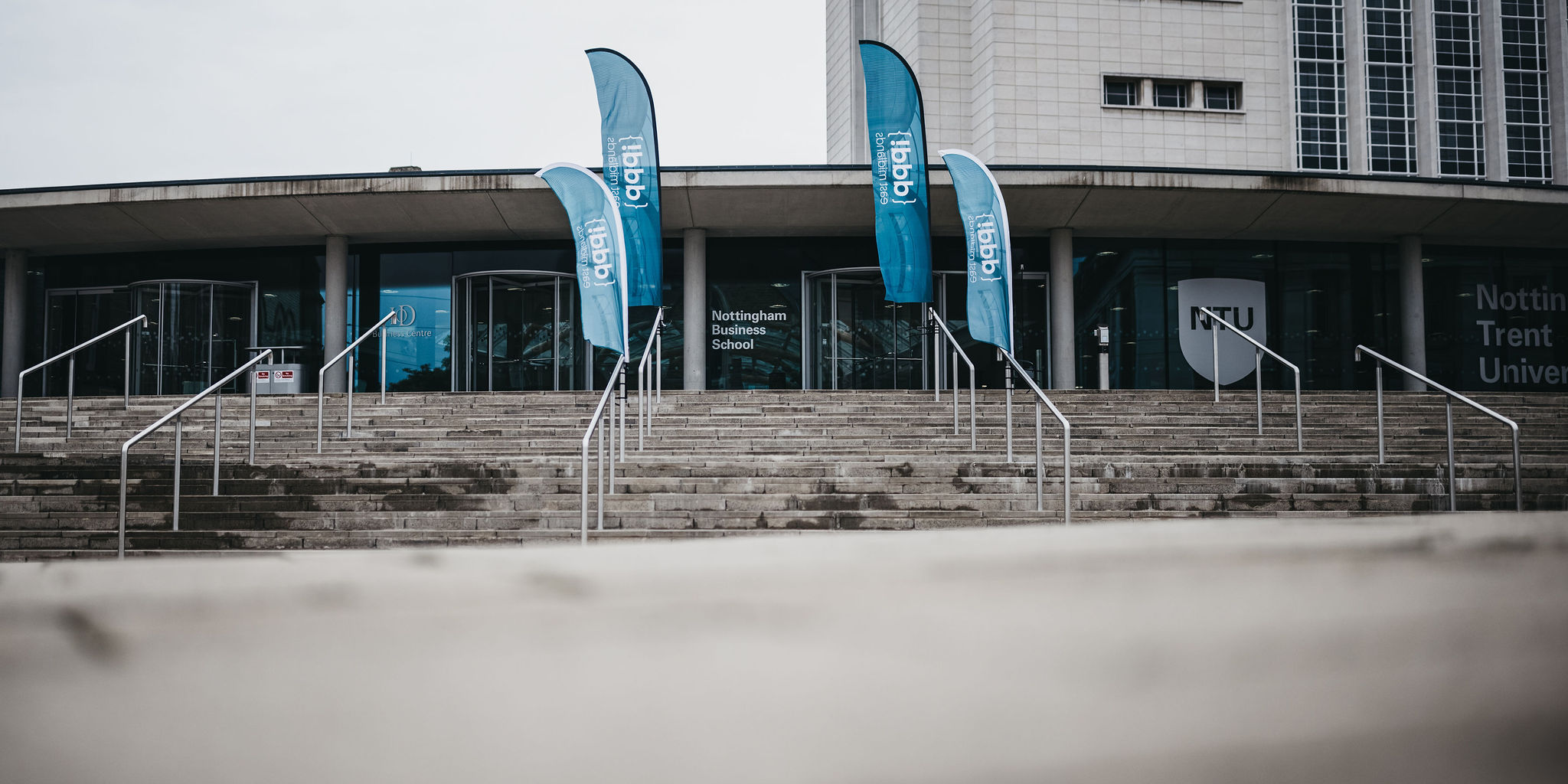I was pretty nervous about submitting my first conference talk. I’d spoke at internal events a few times, but… out in the wider world? I’d need convincing. Who’d want to listen to me? I’ve got nothing interesting to say. Luckily one of our company’s tech leaders encouraged a group of us to submit talks online. It was dangerously easy. Just signing in and fill out a few text fields. Part of me was preparing for a full interview!
The thing about DDD conferences is the talks are selected by the audience. Those with tickets vote for talks on just the title and description alone. Some of our colleagues would’ve seen our submissions, but not known who was behind them. So when I received an email saying the audience had chosen one of my talks, it gave a little confidence boost. No-one voted for me personally, they just want to hear about the topic I’d put forward; Onion Architecture with DDD and CQRS.
Okay, now I had to actually talk about that for 60 minutes. And not just one of my usual rants; something structured that I can rehearse. I put some bullet points together, which turned into slides, which turned into a rough script I kept in my head. Then I rehearsed it. A lot.
Building up to the day, all speakers were offered a free 2-day workshop. We learned various things about public speaking: keeping time and pace, things you should bring with you, things to say on social media, of course; but it was also a great way to get to know a few other speakers.
So when the big day came around I was as ready as I could be. One last run through the slides, ticked off the morning list: spare HDMI cable, spare copy of the slides, my own clicker, tweeted about the conference to my 10 followers. Got there early (ish), got my laptop PAT tested, then I was in. No going back now.
I wasn’t scheduled until the afternoon, so I had the morning to just enjoy the conference. This I was more familiar with: looking at the schedule, picking which talks I’d like to go to. I almost forgot I was giving one of them.
Speakers get their own little room to relax, practice, compose themselves, whatever it is they need. About 30 minutes before my talk, I went to find that room. I couldn’t actually find it, but I found a totally empty room that did the job fine. I’m pretty sure I was allowed to be there.
Then I went to the main room, caught the last 10 minutes of the talk before mine, then walked up to the front and introduced myself to the volunteers, who were very welcoming. I was given two mics; one clipped to my shirt for the video recording and one handheld mic for the live sound. I plugged everything in. There was an issue with the HDMI causing a flicker, apparently something common with MacBooks, but no bother, we had time to set up via AirPlay instead and that worked fine. People began taking their seats so I started delivering the talk I’d done alone at home 10 times already.
And it went great! I ventured off script a few times, such as when I tried to drink that handheld mic, but I’m not sure anyone noticed. A few questions afterwards, some technical discussion, and then a sigh of relief. People clapped, congratulated me, and I felt pretty good!
People messaged me afterwards for more information, which encouraged me to write some blog posts. Some viewers who organised local meet-ups invited me to talk at their events too, which of course, I accepted. For one of them I wrote a totally different talk. The recording of my DDD talk has had some success on YouTube too, which inspired me to start making my own little videos in a similar style. The experience encouraged me to find ways to share my knowledge with more people. Everyone knows something that someone else doesn’t – it’s true.
All in all, I’m very grateful for the chance to talk at DDD East Midlands. It wasn’t as scary as I thought it would be. The crew make sure you’re fully prepared and make it as comfortable as it can be. If anyone’s umming and ahhing about hitting that submit button, I hope this post is the encouragement you need, just as I needed that little nudge at the start.









